SISTERS ARE DOING IT FOR THEMSELVES
Akashinga a group of all-female commandos are taking matters into their own hands to end poaching and protect elephants.
All is fair in love and war. Sometimes a bit of sensationalism is necessary to strengthen support of a message as significant as this. Who better than a band of robust young women in combat fatigues, sporting firearms to reel in an audience? Except this is not another Hollywood tale of make believe. The Akashinga group, which translate to ‘The Brave Ones’ is comprised of sixteen women who have come together to stop poachers by force. The women patrol Phundundu Wildlife Park: a 115 square mile area that is home to more than 11,000 elephants.
In this female-only band of rangers, many of whom are abused and marginalized, these women rise above adversity and find their power through fighting for a greater cause bigger than themselves.
As an African American woman who has travelled to Africa to work with endangered wildlife, I was drawn to this group of animal-Amazonians, and completely blown away by their courage.
The group was founded in Zimbabwe by former Australian special forces soldier and anti-poaching leader Damien Mander. Through his organization International Anti-Poaching Foundation, he reached out to women to unite for the protection of endangered species.
This is how he found Chigumbura from the Lower Zambezi Valley in Zimbabwe. Chigumbura is a woman who has overcome her own travesties, and her bravery is an inspirational tale. Having been raped and fallen pregnant at the age of seventeen, she had to drop out of school and abandon her dream of becoming a nurse. Without resources, social norms dictated that she was given to her father’s parents, and her child was stripped from her to be raised by her rapist’s mother. With few prospects, Chigumbura knew her situation was dire and therefore something had to be done. This is when she learned about poaching, and was introduced to Damien Mander, who recruited her to Akashinga. After three days of tests and trials, she was offered to join the elite corps of elephant guardians. Despite her unfortunate beginnings she found her salvation through safeguarding the defenseless. Needless to say, it changed her life.
In her words she is quoted. “I want to spend my whole life here on this job, arresting poachers and protecting animals.” Her job has not only given her a sense of purpose, she has also won back custody of her daughter, and her colleagues have similar stories to tell.
“When I manage to stop poachers, I feel accomplished,” she told the BBC in an interview.
Let’s not mistake it though, Akashinga is not just girls with guns, it’s not just a story about empowered women – like the kind of women I write about in my books - it is also about uniting communities and getting them involved to fight against poaching. If a community understands the economic benefits of preserving animals, then it will eliminate the commercial murder of elephants without an armed struggle. This is coming from personal experience. I’ve spent twelve years in the animal industry, some of those years doing animal outreach. The first step in getting people involved begins with education. “Winning smiles for animals.” As one of my professors used to say.
I have spent my life working with people, traveling, and volunteering with animals both wild and domestic. In 2013 I volunteered in Africa at Lion Encounter where I also observed elephants in the wild. The plight of the African Elephant affected me profoundly, yet I didn’t have an answer to solve their critical situation. I was powerless, but my sisters have found an inspiring answer. One that empowers themselves and protects the elephants.
I found the Elephant Project and then I read about Akashinga. As a woman, as an animal lover, as a conservationist, I am ready to do my part for wildlife. Through education and awareness we as people can contribute to the protection of not only wildlife, but also to our environment. And what greater good to mankind could be than the gift of life to another species in which we co-exist?
This Elephant Voices contribution is from V’anea Law. V’anea is a wildlife rehabilitator who has spent her life working with people, traveling, and volunteering. Her educational background includes studies in Veterinary Care, Professional Public Speaking, Animal Behavior, Education Outreach, Biodiversity, Anthropology, Wildlife Management, Animal Nutrition, Wildlife Conservation, Wildlife Rehabilitation and Environmental Science.
Elephant Voices is a blog series sponsored by The Elephant Times and The Elephant Project. These are personal narratives from people around the world about their views on elephants and the struggles they face. If you or someone you know would like to contribute please let us know by emailing us at info@theelephantpoject.net.

